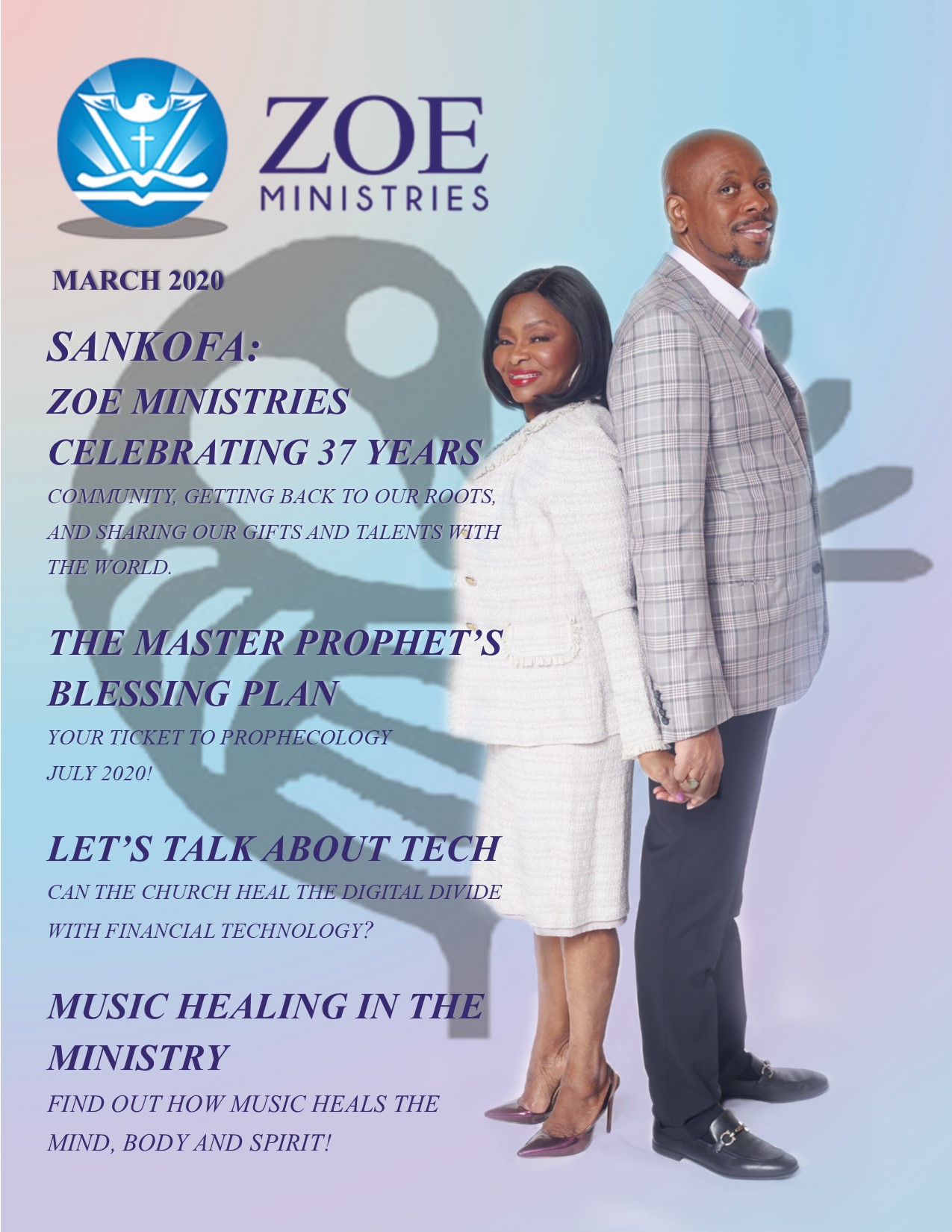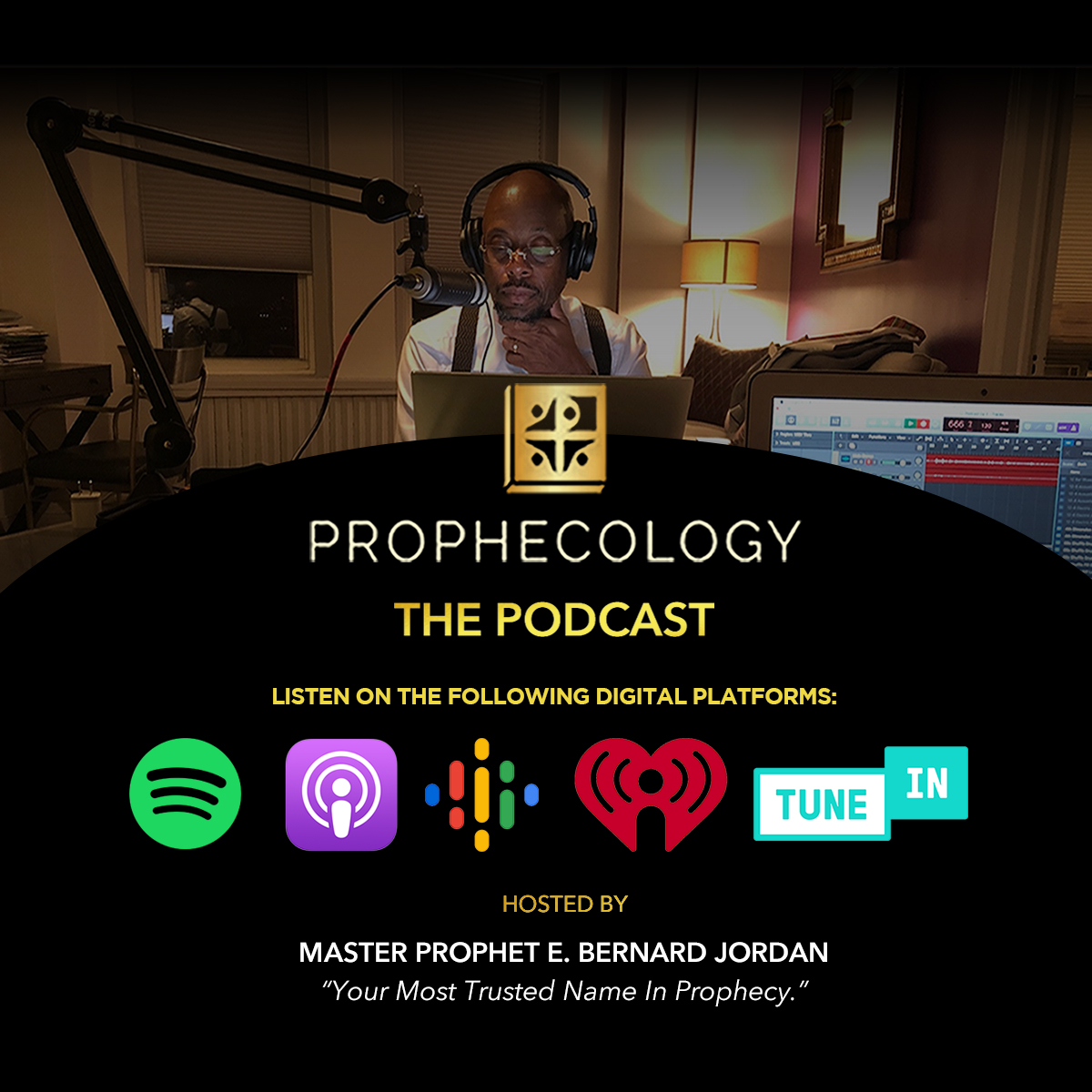SPEECH ACT OF PROMISE
April 26, 2020 2023-04-05 19:12SPEECH ACT OF PROMISE
SPEECH ACT OF PROMISE
SPEECH ACT OF PROMISE
A promise is an act of committing to do or not do something. It can manifest itself in different ways, depending on the context in which the speaker says it. The speech act of promising requires a binding of the speaker to fulfill a specific action. In most occasions, promises are made to someone as a form of virtuous responsibility towards the hearer. Promises also come in various forms, such as vows, agreements, pledges, or guarantees. The person receiving the promise holds an essential role because the commitment is made specifically to that person. The speaker, on the other hand, is held accountable for realizing the said promise.
According to American philosopher John Searle, the speech act of promising needs to meet four conditions in order to make it a successful act. It needs to be propositional (intending to do a future act), preparatory (something the hearer or receiver wants done), sincere, and essential (where the speaker is obliging himself to fulfill the act).
We have all made promises in our lives. We are surrounded by people who make promises every single day, and we probably don’t realize when we’re making promises already, seeing as how it has become a habit for some. Our parents might have made us promise to do house chores when we were younger and we would obey and make sure that the said tasks were done. As we grow older, we realize that promises can be made in other forms and can sometimes even be broken. As we learn more about life and relationships, promises become even more important to us because they represent someone’s commitment, and the fulfillment of such promises shows how much we are valued. It is an act of faithfulness and assurance towards us. In a perfect world, all promises would be kept.
Promises usually become the reason why we hold a person to a certain standard. We look up to people who keep their word and become wary of the people who do not. Promises create a hope in us. We expect people to push through what they have told us they will do; and if they don’t, we expect them to take ownership of their broken promises. When a promise is uttered, we expect a corresponding action to take place.
33 “Again, you have heard what was said to your people long ago. They were told, ‘Do not break the promises you make to the Lord. Keep your promises to the Lord that you have made.’ 34 But here is what I tell you. Do not make any promises like that at all. Do not make them in the name of heaven. That is God’s throne. 35 Do not make them in the name of the earth. That is the stool for God’s feet. Do not make them in the name of Jerusalem. That is the city of the Great King. 36 And do not make a promise in your own name. You can’t make even one hair of your head white or black. 37 All you need to say is simply ‘Yes’ or ‘No.’ Anything more than this comes from the evil one. (Matthew 5:33-37)
This is a speech act that holds so much power with its ability to make or break a relationship, and one must use wisely.
Unfortunately, we are humans living in a flawed world. What keeps us going and becoming stewards of hope and faith is God’s word, His own promises. Hebrews 6:13 declares, “For when God made a promise to Abraham, since He had no one greater by whom to swear, He swore by Himself.” Only God can truly give us the security that we long and hope for. Only God has kept every promise He has ever made. And so, we must trust that His promises will carry us through in our personal journeys.
Check out: SPEECH ACTS IN THE BIBLE
Experience the Power of Prophecy as a gift to open your mind to receive the Mind of Christ.
Your weekly dose of prophetic wisdom and anointing awaits you. Join our LIVE Conference Call!
1) Call 515-604-9266
2) Go to startmeeting.com, and use the login: BishopJordan







